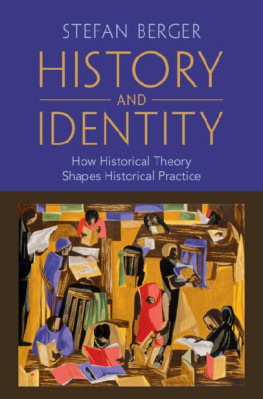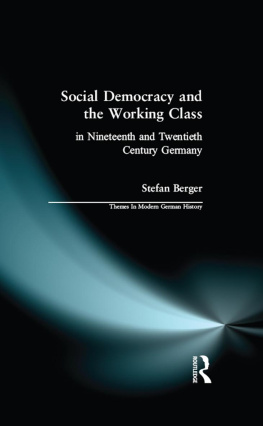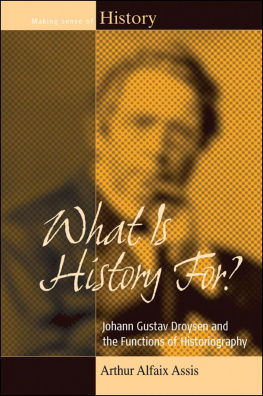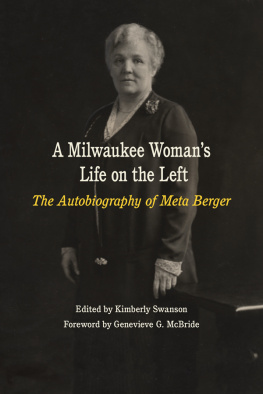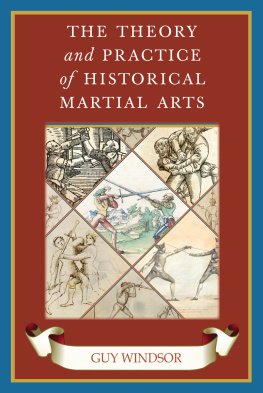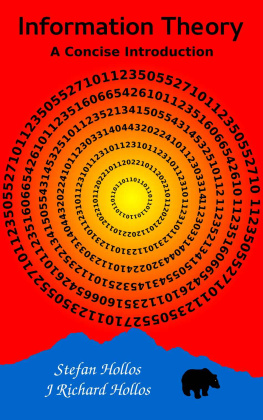History and Identity
This introduction to contemporary historical theory and practice shows how issues of identity have shaped how we write history. Stefan Berger charts how a new self-reflexivity about what is involved in the process of writing history entered the historical profession and the part that historians have played in debates about the past and its meaningfulness for the present. He introduces key trends in the theory of history such as postmodernism, poststructuralism, constructivism, narrativism and the linguistic turn and reveals, in turn, the ways in which they have transformed how historians have written history over the last four decades. The book ranges widely from more traditional forms of history writing, such as political, social, economic, labour and cultural history, to the emergence of more recent fields, including gender history, historical anthropology, the history of memory, visual history, the history of material culture, and comparative, transnational and global history.
Stefan Berger is a leading figure in the history of historiography and historical theory with more than thirty years experience teaching courses at the Universities of Cardiff, Glamorgan, Manchester and Bochum. His publications include The Past as History: National Identity and Historical Consciousness in Modern Europe (2015), Writing the Nation: A Global Perspective (2007) and The Search for Normality. National Identity and Historical Consciousness in Germany since 1800 (2003). He serves as series editor for the Bloomsbury Academic book series Writing History: Theory and Practice.
History and Identity
How Historical Theory Shapes Historical Practice
Stefan Berger
Ruhr-Universitt Bochum, Institute for Social Movements
University Printing House, Cambridge CB2 8BS, United Kingdom
One Liberty Plaza, 20th Floor, New York, NY 10006, USA
477 Williamstown Road, Port Melbourne, VIC 3207, Australia
314321, 3rd Floor, Plot 3, Splendor Forum, Jasola District Centre, New Delhi 110025, India
103 Penang Road, #0506/07, Visioncrest Commercial, Singapore 238467
Cambridge University Press is part of the University of Cambridge.
It furthers the Universitys mission by disseminating knowledge in the pursuit of education, learning, and research at the highest international levels of excellence.
www.cambridge.org
Information on this title: www.cambridge.org/highereducation/isbn/9781107011403
DOI: 10.1017/9780511984525
Stefan Berger 2022
This publication is in copyright. Subject to statutory exception and to the provisions of relevant collective licensing agreements, no reproduction of any part may take place without the written permission of Cambridge University Press.
First published 2022
A catalogue record for this publication is available from the British Library.
ISBN 978-1-107-01140-3 Hardback
ISBN 978-1-107-64884-5 Paperback
Cambridge University Press has no responsibility for the persistence or accuracy of URLs for external or third-party internet websites referred to in this publication and does not guarantee that any content on such websites is, or will remain, accurate or appropriate.
For my academic mentor and friend David Jackson
Contents
Figures
Preface
I have never been able to conceive of writing history without reflecting on the practice of what is involved in this exercise. Inversely, I have never been able to read in the theory of history without reflecting on the meaning for the actual practice of history writing. This book is the outcome of both interests that is truly one interest. I should also add that my primary interest is in the history of historiography, in which I have worked over the past thirty years with a special emphasis on the relationship between historical writing and national identity formation. But I have always also been a practicising social historian, writing, often comparatively and transnationally, on labour movements, social movements, nationalism, deindustrialisation processes and their impact on industrial communities. Reading and reflecting on the writing of history theorists and philosophers of history has always helped me in conceptualising those social histories and also the histories of history writing that I have written since I began life as an academic historian in the 1980s the period that is the starting point also for this book. Much of the literature that I discuss here hence has accompanied me during my own lifetime, and therefore this book is also, in more ways than one, a reflection on thirty-five years of reading history through the eyes of a professional historian with a keen interest in the theory of history.
In the process of writing this book I have, as usual, benefited enormously from the critical advice of many colleagues and friends. In particular I would like to thank Antoon de Baets, Lucian Hlscher, Tim Le Cain and Chris Lorenz for commenting on drafts of chapters of this book. I have also discussed aspects of the book, during its long gestation period, with Berber Bevernage, Nicola Brauch, Mario Carretero, Anna Clark, Heiko Feldner, Maria Grever, Georg G. Iggers, Wulf Kansteiner, Jrgen Kocka, Joep Leerssen, Alf Ldtke, Stuart Macintyre, Guy Marchal, Philipp Mller, Bill Niven, Kevin Passmore, Kalle Pihlainen, Tyson Retz, Ann Rigney, Jrn Rsen, Nick Stargardt, Marek Tamm, Jo Tollebeek and Edward Wang, and I have benefited tremendously from those conversations. There are undoubtedly others I have forgotten to mention and I apologise to them. My friend and mentor David Jackson, Professor Emeritus from Cardiff University, has been kind enough to look through the entire manuscript. The book has profited not only from many of his astute comments as a literary specialist, but also from his grammatical and stylistic interventions. I am greatly indebted to him, not only for this, but for providing important guidance during my early career at Cardiff University in the 1990s. Many thanks also to the University of Technology, Sydney, and to Northwestern Normal University at Changchun, both of which provided me with research fellowships that helped me to complete parts of the book. I also wish to thank the two anonymous reviewers for Cambridge University Press for their careful reading of the manuscript and many helpful suggestions. Of course, thanks are also due to my own institution, Ruhr-Universitt Bochum, where many colleagues have provided an intellectually stimulating and friendly atmosphere. Several terms of research leave, granted by the university, also contributed to the finalisation of this book. A final big thank you goes to Michael Watson at Cambridge University Press, who never stopped believing in the project during its long years of gestation, and who has commented on all chapters of the book. Without his constant encouragement to complete the book, which I started, as an idea, about ten years ago, it is highly likely that it would never have seen the light of day. As always, the remaining shortcomings of the book are entirely my own.
Introduction: History and Identity
Introduction
perhaps we should think of history writing, not as something that engages in the building of national identities, but rather as something that critiques all historical identity-claims, and in doing so, as a by-product, opens a space for constitutional allegiances and behavioural norms that stand at a remove from what is simply given to us by the past.



